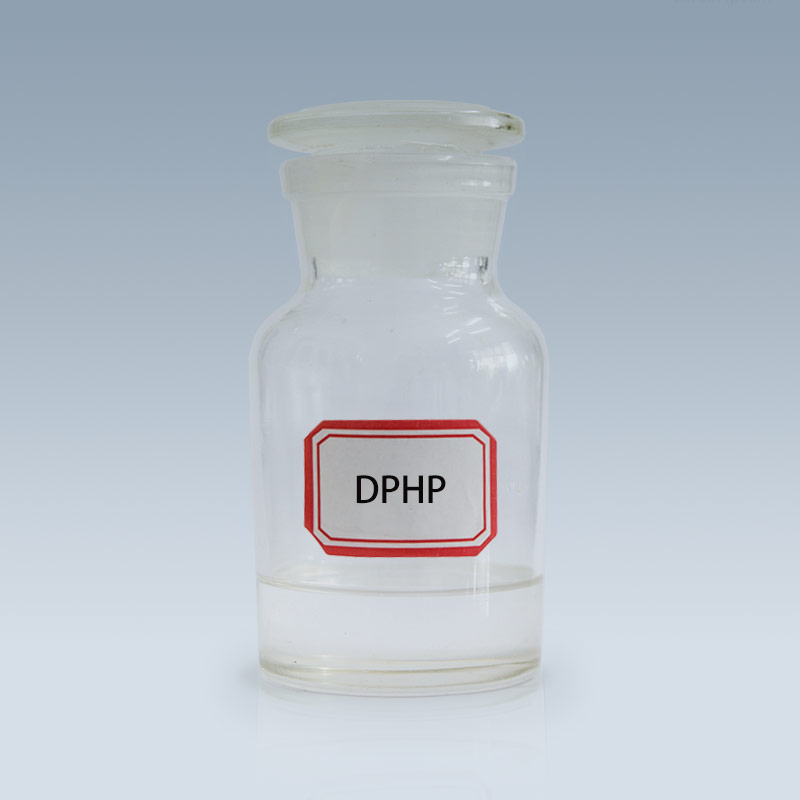Adipates, the esters and salts derived from adipic acid, are a class of chemical compounds known for their exceptional versatility. With a distinctive six-carbon chain structure, they are valued in a wide range of industrial applications, from enhancing the flexibility of plastics to improving the performance of lubricants.
1. Plasticizers: Enhancing Flexibility and Durability
The most prominent application of adipates is their use as plasticizers, particularly in polymer formulations like polyvinyl chloride (PVC). Plasticizers are additives that increase the flexibility, softness, and workability of a material. Adipates are highly effective in this role, offering several key advantages:
-
Low-Temperature Flexibility: Adipate plasticizers, such as di(2-ethylhexyl) adipate (DEHA) and dioctyl adipate (DOA), are highly prized for their ability to maintain flexibility and prevent brittleness in polymers, even at very low temperatures. This is critical for products like agricultural films, freezer food packaging, and outdoor wiring and cables.
-
Low Volatility: Adipates have low volatility, meaning they are less likely to evaporate from the plastic over time. This ensures the long-term durability and performance of the final product.
-
Good Compatibility: They are compatible with a wide range of resins, allowing them to be blended with other plasticizers like phthalates to achieve specific properties.
-
Safety and Regulations: Due to growing concerns over phthalates, adipate-based plasticizers have emerged as a safer, phthalate-free alternative, particularly for applications involving food contact, such as cling films.
2. Lubricants: Improving Performance in Extreme Conditions
Adipate esters are also highly valued in the lubricants industry, serving as both base oils and performance additives. Their unique molecular structure gives them a superior set of properties for demanding lubrication applications.
-
Excellent Low-Temperature Performance: Adipate-based synthetic base oils, such as ditridecyl adipate (DTDA), have very low pour points and good flow properties at low temperatures. This makes them ideal for use in hydraulic fluids, compressor oils, and engine oils for cold climates.
-
High Thermal and Oxidative Stability: These esters exhibit good stability at high temperatures, resisting degradation and oxidation. This extends the service life of the lubricant and the machinery it protects.
-
Improved Solvency: Adipates have good solvency, which helps keep the lubricant clean by dissolving varnish and other deposits, ensuring smooth operation and reducing wear and tear.
3. Food Additives: Flavor and Acidity Regulation
Adipates and their parent compound, adipic acid, are approved for use in the food industry as additives to enhance flavor and regulate acidity.
-
Flavor Enhancement: Adipic acid and its salts, such as sodium adipate (E356) and potassium adipate (E357), impart a tart, sour flavor to food products. They are commonly used in beverages, candies, jams, and pudding mixes to create a pleasant taste profile.
-
Acidity Regulator: As a buffering agent, sodium adipate helps maintain a consistent pH level in food, which is crucial for controlling microbial growth, preserving texture, and stabilizing flavor.
-
Gelling Aid: In certain applications, adipates can also act as a gelling agent, contributing to the desired texture of food products.
4. Cosmetics and Personal Care: Solvents and Skin Conditioners
In the cosmetic and personal care industry, specific adipate esters are utilized for their beneficial properties, serving as emollients, solvents, and film-forming agents.
-
Emollient and Skin-Conditioning: Dibutyl adipate is a key ingredient in many cosmetic formulations, including sunscreens and moisturizers. It acts as an emollient, softening and smoothing the skin, and forms a lightweight, non-greasy film that helps to improve the product's spreadability.
-
Solvent: Dibutyl adipate also functions as a solvent, helping to dissolve and evenly disperse other ingredients, such as UV filters in sunscreens, ensuring uniform application and effectiveness.
-
Plasticizer: In products like nail polish and some makeup formulations, adipates act as plasticizers, improving the flexibility and durability of the applied film.
5. Other Specialized Applications
Beyond these major industries, adipates are found in a variety of other specialized applications:
-
Synthetic Fibers and Polymers: Adipic acid is a crucial monomer for the production of nylon 6,6, a high-performance synthetic polymer used in fibers, engineering plastics, and other materials. Copolymers like poly(butylene succinate-co-adipate) (PBSA) are also used in biodegradable polymers for food packaging and other environmentally friendly applications.
-
Adhesives and Sealants: Adipate derivatives can be incorporated into adhesives to enhance their bonding strength and durability.
-
Coatings and Inks: Adipates are used in the formulation of coatings and inks to improve flexibility, adhesion, and resistance to environmental factors.
Conclusion
In summary, adipates are indispensable compounds with a wide array of uses driven by their unique chemical properties. From providing flexibility to modern plastics and ensuring the smooth operation of industrial machinery to enhancing the flavor of our food and improving the texture of our cosmetics, adipates play a vital and often unseen role in countless products we use every day. Their adaptability and performance make them a cornerstone of modern chemical engineering and a testament to the power of targeted molecular design.



 English
English 中文简体
中文简体







